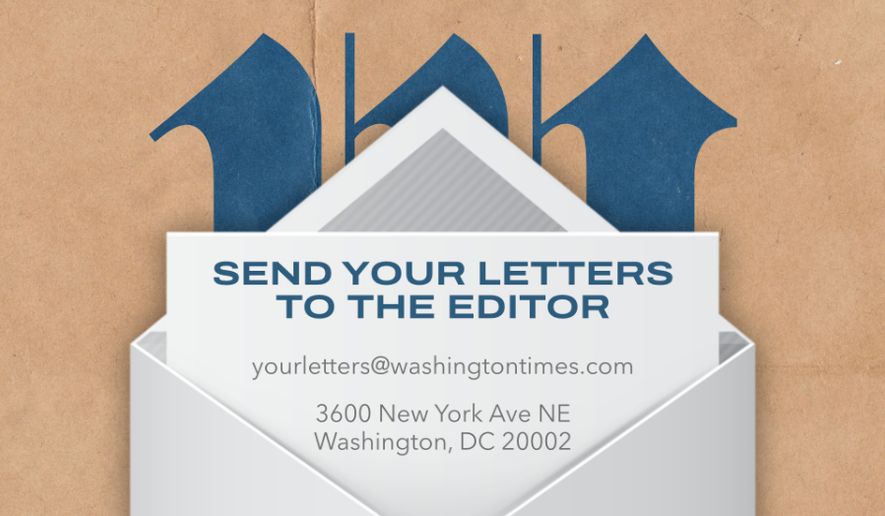OPINION:
As the Trump administration considers various tariff policies, America’s seniors are increasingly concerned that tariffs imposed on the pharmaceutical industry will limit their medication access.
Despite claims that tariffs would reshore American pharmaceutical manufacturing and help address high drug prices in the U.S., the immediate, devastating impact would be shortages of lifesaving or life-extending drugs. The Commerce Department has considered trade policies on pharmaceuticals under Section 232 of the Trade Expansion Act since earlier this year. Although the agency is right to specifically examine the potential national security risk of U.S. reliance on imported drugs from countries such as China, the administration is overlooking the disruptions that tariffs on friendly countries such as Germany, Japan and Britain would impose on the supply chain, which would lead to widespread shortages and skyrocketing costs.
This threat is particularly concerning for seniors who rely on a variety of drugs to treat various conditions. According to the Centers for Disease Control and Prevention, nearly 90% of adults older than 65 take prescription medication. Many of them rely on multiple medications to treat various conditions, especially as chronic conditions such as high blood pressure and arthritis are more common in this age group.
This makes seniors particularly vulnerable to threats of shortage-causing tariffs. Our aging population cannot afford to lose even one drug required to maintain quality of life, much less several drugs.
This is particularly threatening to the millions of Americans who already cannot afford their prescriptions and those who are forced to ration and skip doses to cut costs.
Although the idea that reliance on other countries could pose a national security threat is not completely invalid, foreign adversaries make up a very small percentage of imports. China, for example, accounts for only 3% of drugs imported to the U.S. In contrast, Americans get most of their drugs from domestic manufacturers here in the U.S. Most of the imports we do get come from the European Union. To the extent that there are genuine national security concerns, there are far better alternatives to addressing foreign reliance than tariffs, such as trade deals with other countries.
Access to medications is a matter of life and death for any patient, but particularly for America’s aging population. President Trump is right to want to improve the health care system to make medications affordable, but pharmaceutical tariffs are not the way to go.
MARK GIBBONS
President, CEO of RetireSafe
Washington




Please read our comment policy before commenting.